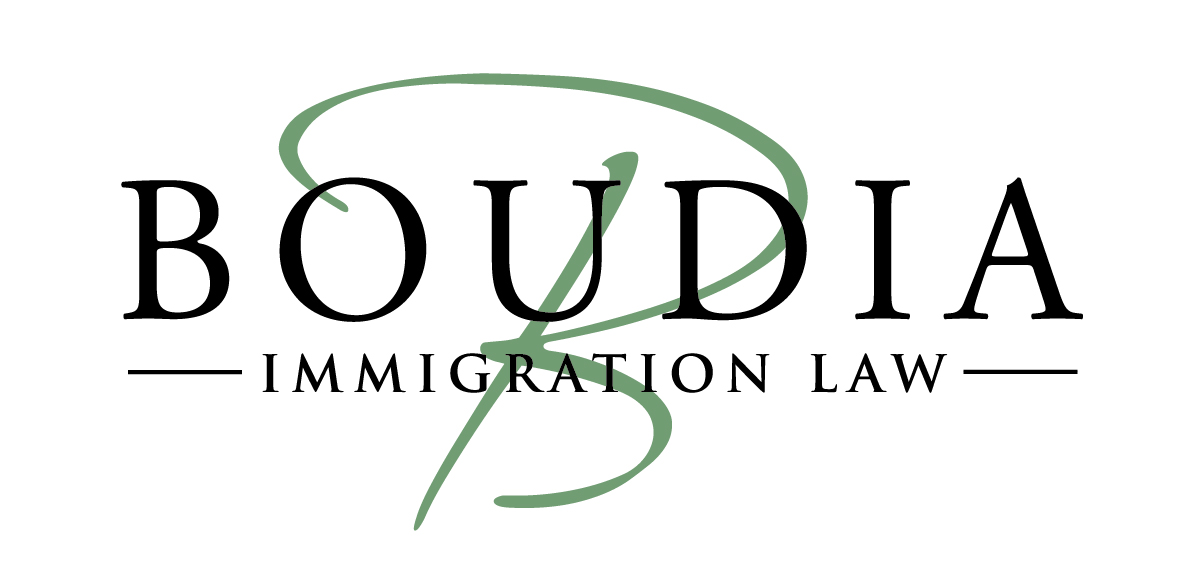Specialty Worker H-1B Visa
The H-1B category applies to an alien coming temporarily to perform services in a “specialty occupation” which requires the theoretical and practical application of highly specialized knowledge requiring completion of a specific course of higher education. The H-1B categories apply to aliens coming temporarily to perform services in a specialty occupation, or as a fashion model of distinguished merit and ability. A bachelor’s degree or higher (or its functional equivalent) in a professional discipline is normally the minimum requirement for an H-1B. The job being offered to the alien must be directly related to the alien's professional background.
The H-1B visa has an annual numerical cap of 65,000 visas each fiscal year as well as an additional 20,000 exempt petitions available to beneficiaries holding a U.S. master’s degree or higher. H-1B workers who are petitioned for or employed at an institution of higher education (or its affiliated or related nonprofit entities), a nonprofit research organization, or a government research organization are not subject to this numerical cap. Cap numbers are often used up very quickly, so it is important to plan in advance if you will be filing for an H-1B visa that is subject to the annual H-1B numerical cap. The earliest day for filing an H-1B is April 1st for a start date of October 1. Our office begins accepting cases subject to the annual limit on February 1st of each calendar year.
Under current law, an alien can be in H-1B status for a maximum period of six years at a time. After that time an alien must remain outside the United States for one year before another H-1B petition can be approved. There are exceptions to the maximum period of stay for individuals who have filed for permanent residency. We advise you to contact us about options available to you under the H-1B program to learn more about extending your H-1B beyond the 6 year limit. The H-1B visa laws are always changing and there may be provisions beneficial to your own personalized needs.
Some terms and conditions of the H-1B classification:
Work authorization for H-1B foreign specialty workers is employer-specific (i.e. limited to employment with the approved employer/petitioner).
Many changes to the terms and conditions of the employment must be reported to DOL and USCIS including moving the H-1B worker to a new work site.
A change of employer requires a new H-1B petition; under some circumstances, a non-immigrant who was previously issued an H1-B visa or provided H1-B non-immigrant status may begin working for a new H1-B employer as soon as the new employer files a “non-frivolous” H1-B petition for the non-immigrant.
Multiple employers require multiple H-1B petitions.
The employer-sponsor must carefully maintain certain records and is responsible for return transportation costs for an employee terminated prior to the end of the approved period of employment.
H-1B foreign specialty workers are not required to maintain foreign residence and may seek permanent residence in the U.S.
Dependents
Dependents (spouses and unmarried children under 21 years of age) of H-1B workers are entitled to H-4 status with the same restrictions as the principal. Dependents may not be employed under the H-4 classification, however they may attend school.

